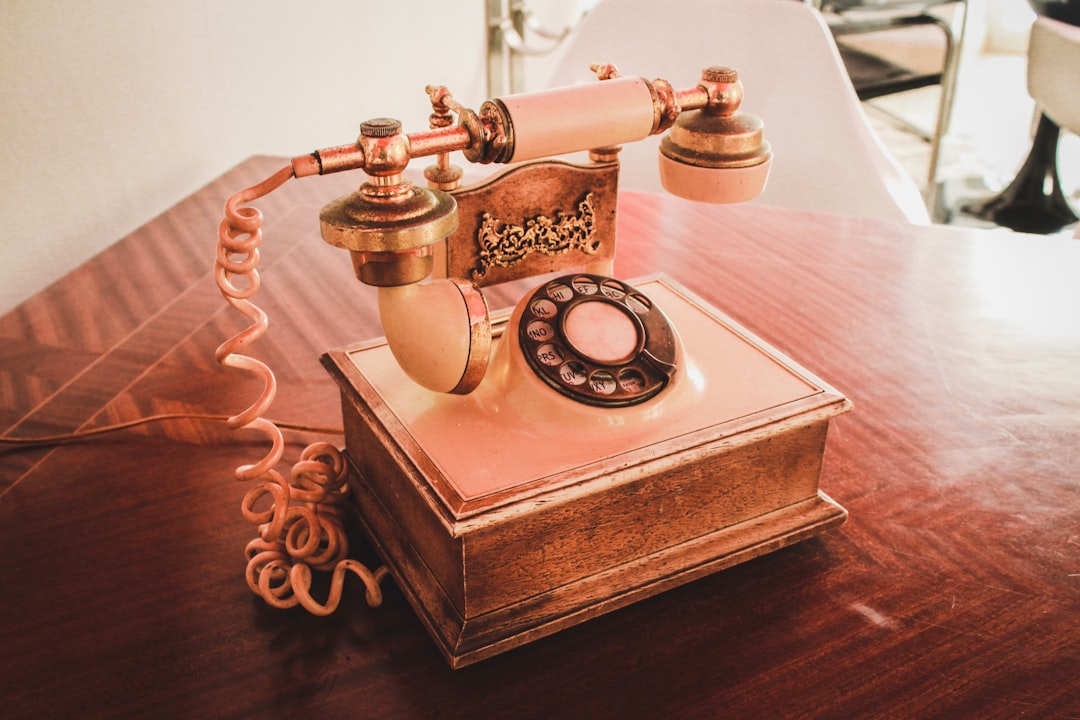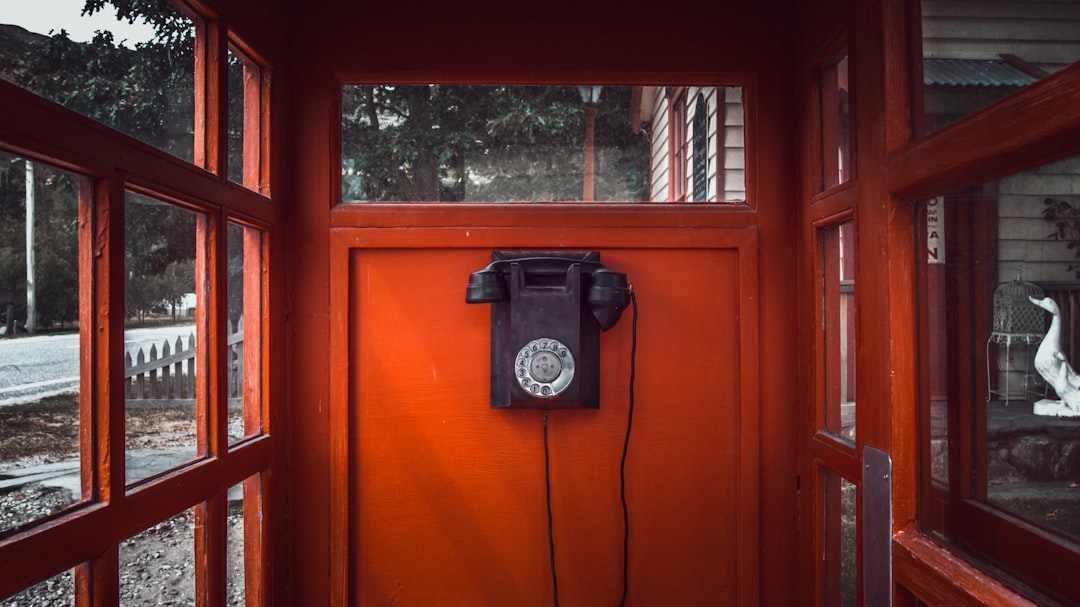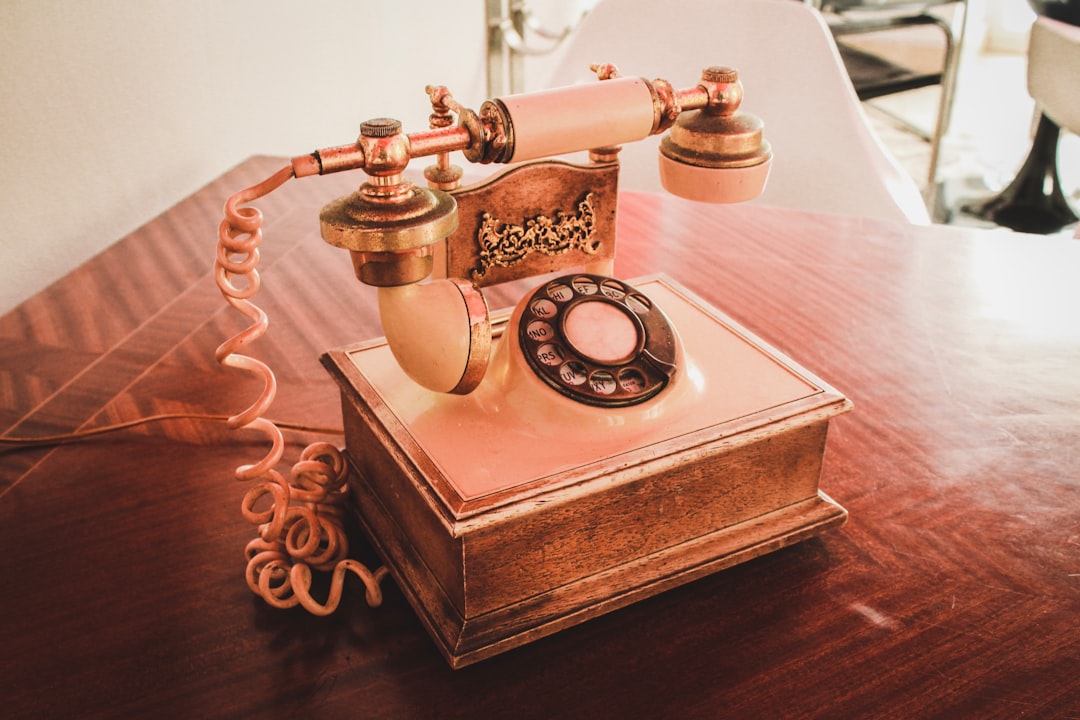Idaho's Do Not Call Laws, enforced by the FTC, protect residents from unwanted telemarketing calls. By registering on the National Do Not Call Registry, Idahoans reduce nuisance calls and gain control over their phone interactions. Businesses must adhere to best practices like obtaining explicit consent and respecting opt-outs to maintain consumer trust and avoid penalties under these strict laws.
The federal Do Not Call Rules have significantly impacted communication patterns across the nation, including Idaho residents. These regulations, designed to protect consumers from unwanted telemarketing calls, have reshaped how businesses operate and how individuals engage in external communications. This article delves into the intricacies of Do Not Call Laws in Idaho, exploring their effects on daily interactions, while offering insights into exclusions and safe calling practices for both businesses and residents.
Understanding Federal Do Not Call Rules

The Federal Do Not Call (DNC) rules are designed to protect consumers from unwanted phone calls, specifically from telemarketers. These laws have a significant impact on how businesses conduct their marketing efforts, and Idaho residents benefit from enhanced privacy and reduced nuisance calls. The DNC list is a comprehensive database of telephone numbers that have opted-out of receiving sales or promotional calls.
In the United States, including Idaho, these rules are enforced by the Federal Trade Commission (FTC). They ensure that businesses adhere to strict guidelines when making outbound calls. By registering their phone numbers on the Do Not Call list, residents can prevent unsolicited calls from various sources, promoting a quieter and more peaceful communication environment.
Impact on Idaho Residents' Communication

In Idaho, like many other states, the implementation of federal Do Not Call rules has significantly altered how residents engage in communication, particularly with telemarketers and sales calls. These laws empower individuals to have more control over their phone interactions by registering their numbers on the National Do Not Call Registry. As a result, Idahoans can expect fewer unwanted calls, leading to an improvement in their overall communication experience.
The impact is twofold: it reduces the intrusiveness of telemarketing calls and creates a safer, less disruptive environment for residents. This change is especially beneficial for those who value their personal time and prefer not to be disturbed by sales pitches during meals, work, or leisure activities. By registering their numbers, Idaho residents are actively participating in shaping their communication boundaries and protecting their privacy under Do Not Call Laws.
Navigating Exclusions and Safe Calling Practices

Navigating Exclusions and Safe Calling Practices under the Do Not Call Laws in Idaho involves understanding specific exemptions that allow businesses to connect with residents. Despite the general restrictions, certain categories are exempt from the rules, such as charities, government agencies, and companies with existing business relationships. These exclusions provide a avenue for legitimate communication without infringing on residents’ privacy.
To ensure compliance and maintain consumer trust, businesses must adopt safe calling practices. This includes obtaining explicit consent before making calls, maintaining accurate do-not-call lists, and respecting individuals who opt-out. By adhering to these guidelines, companies can effectively reach their target audience while avoiding penalties associated with violating Idaho’s Do Not Call Laws.






